AARP Hearing Center

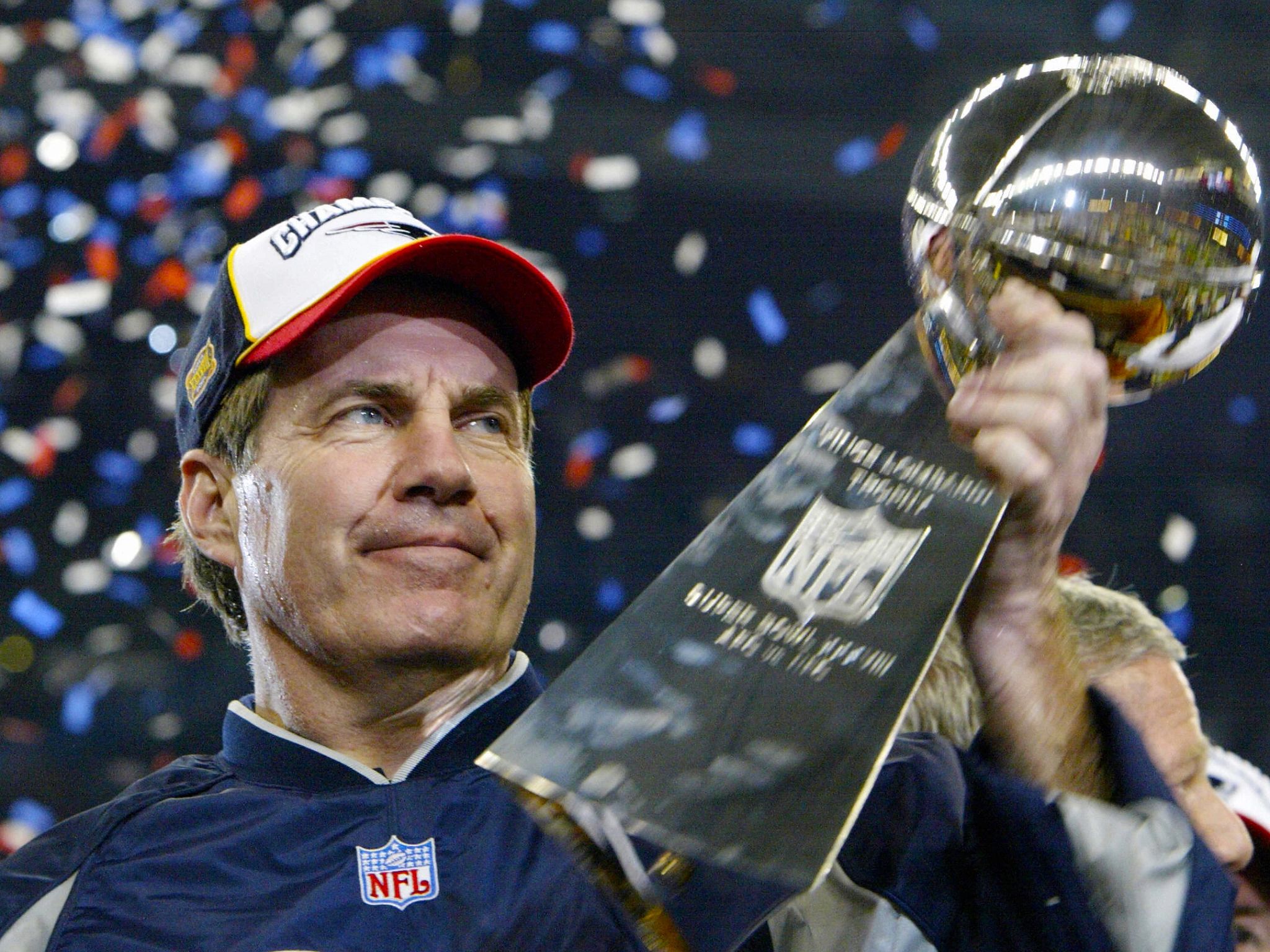
Bill Belichick never wanted to be an NFL coach. Of course, you wouldn’t know it from his record. He has eight Super Bowl championship rings: six as head coach of the New England Patriots, and two as the defensive coordinator of the New York Giants.
This year, Belichick is pivoting in both his professional and personal life. At 73, he’s finally gotten what might be his dream job, as head coach for the University of North Carolina Tar Heels. He’s also gone public with his relationship with 24-year-old Jordon Hudson and released his first book, the New York Times bestseller The Art of Winning: Lessons from My Life in Football. It’s a bold title, but Belichick is more than qualified to write it, and it’s packed with insightful advice on how to succeed in sports, in business and in life. We talked with Belichick to learn more about his approach.
This interview has been edited for length and clarity.
In your book, you talk about the value of gratitude. Why is gratitude so important for personal success?

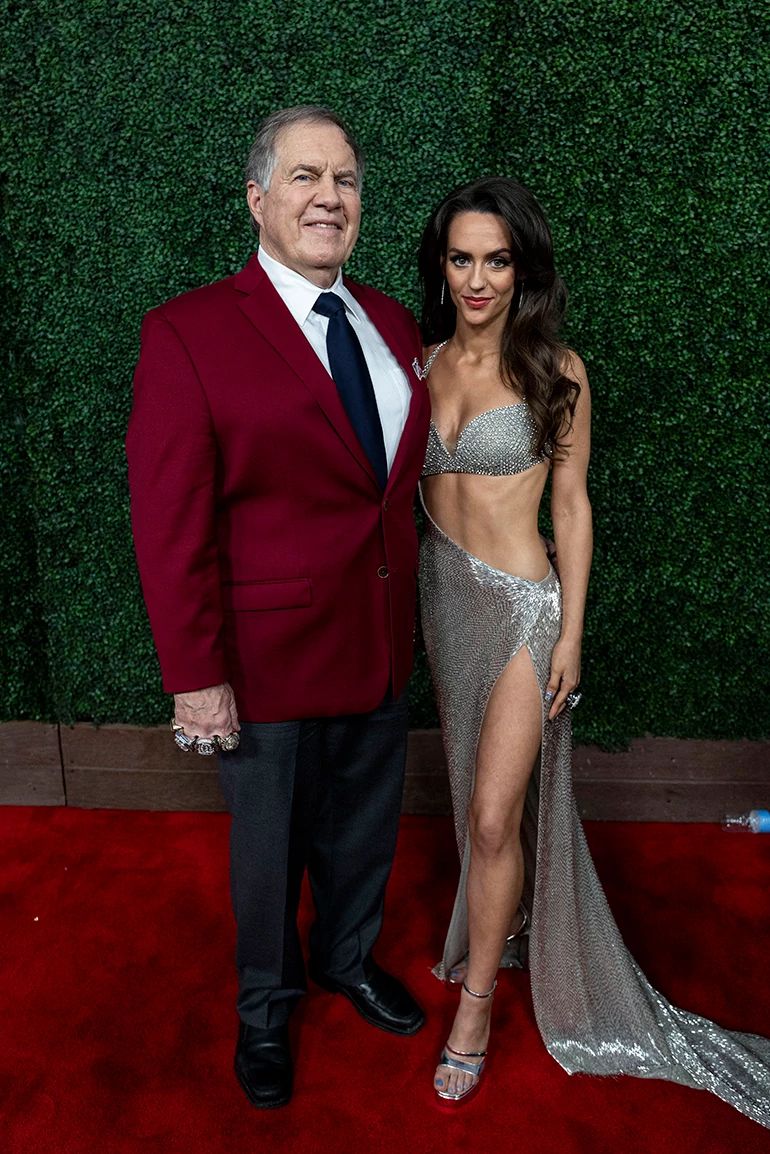
I feel very, very fortunate to have had the opportunities that I’ve had. Kind of the purpose of the book is to share and give back, and if it in some way benefits somebody else, great. I look at every day as an opportunity, and you don’t want to waste those opportunities. Let’s take it one day at a time and make the most of each day, and try to get a good night’s rest to recover and set your goals for the next day. Just keep putting good days together. That’s what my dad taught me. Just do your job, work hard, and eventually you’ll get an opportunity. Just make sure you’re ready for it when it comes.
A lot of the players that I coached embraced that. Tom Brady is a good example. He became a great player, but it didn’t happen overnight. It really took about four years. I think he’s a good example of somebody who started really at the bottom, like barely on the roster, and became arguably the greatest player of all time.
How have you adjusted your outlook on life versus where you were 30 or 40 years ago?
One of the best lessons that I’ve learned, and I’ve tried to impart in a lot of the young people, is learn how to do everything. Starting out, I worked in the equipment room, I went to the airport and picked up stuff, I’d Xerox the scouting reports, stuff like that. When you do all those jobs, you learn how the entire organization works. I learned how to help the organization run a little smoother, and hold an appreciation for those people and appreciation for the jobs that they did. I think that helps give you credibility as a leader.

































































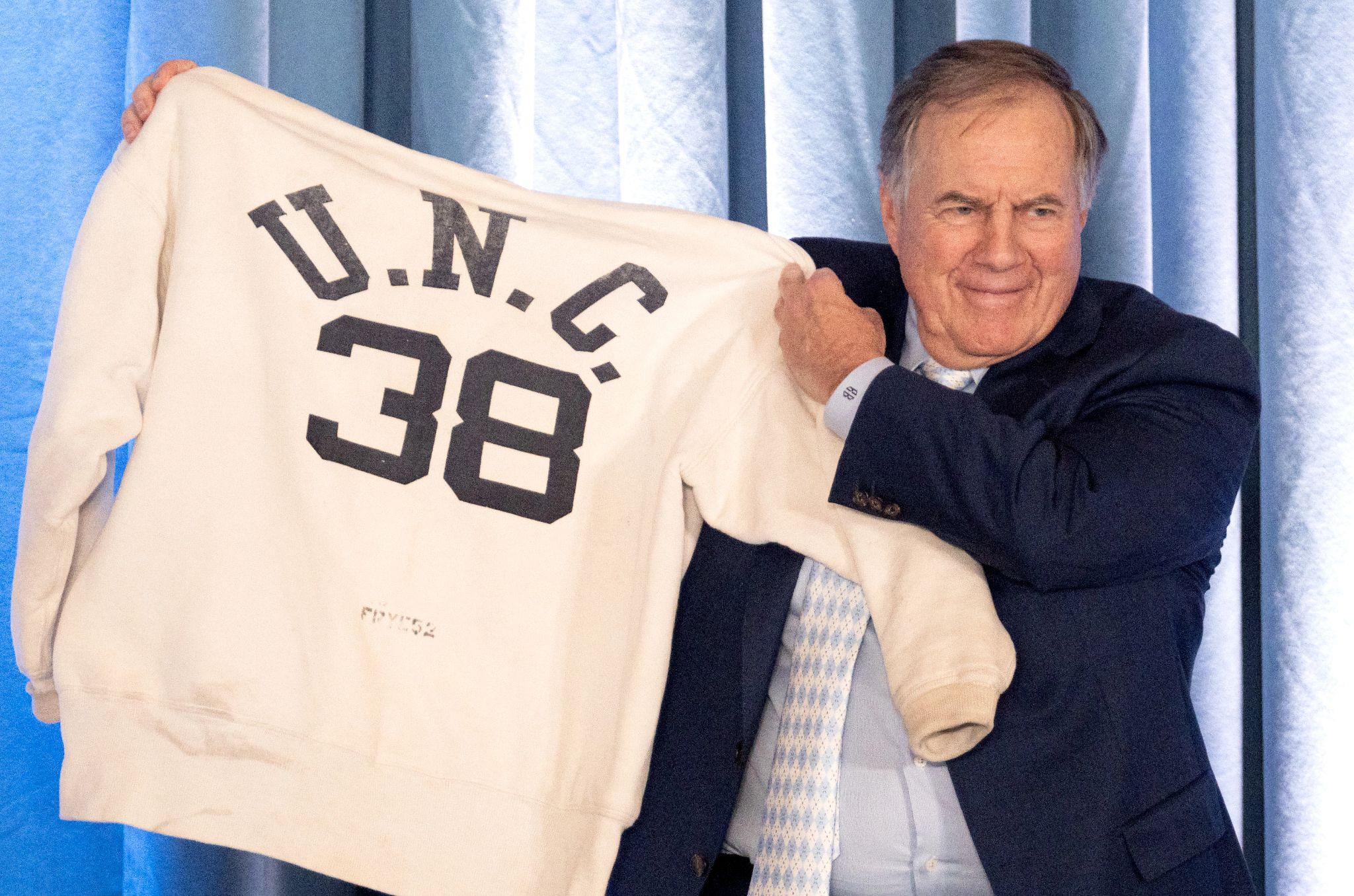
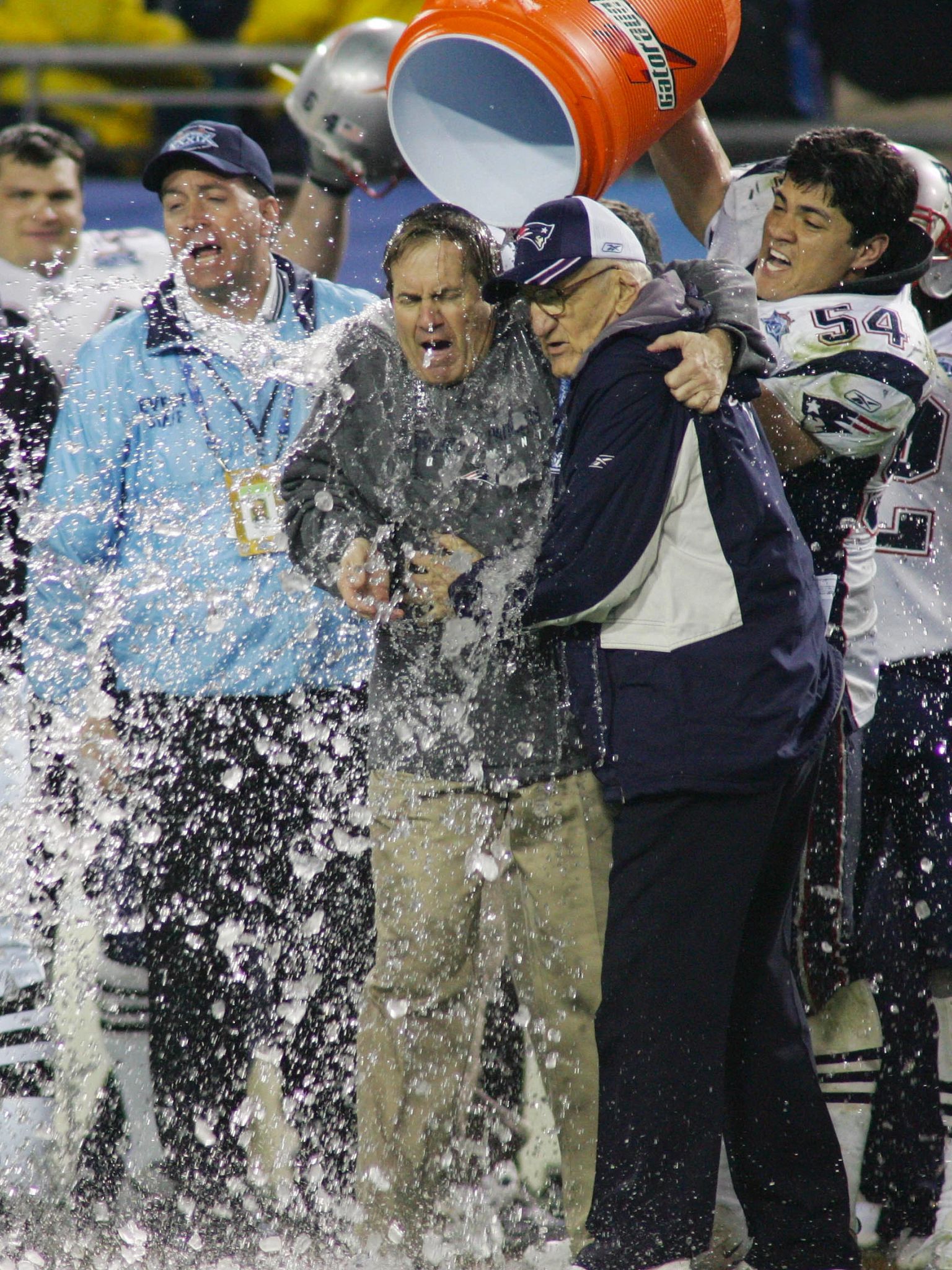


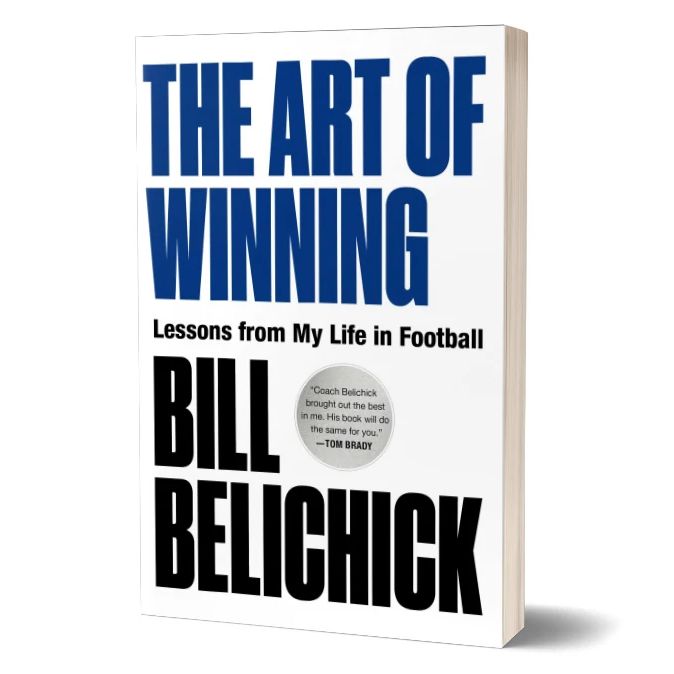

You Might Also Like
Dave Barry Has Thoughts on ‘Boomer Gyration'
Gen Zers remain seated while his generation does the mashed potato
Christie Brinkley, 71, Chronicles Life in Memoir
The supermodel talks to AARP about Paris, romance, aging and more
Insights from Bill Gates on Life and AI
The tech guru chats about his beginnings and how AI will change our lives